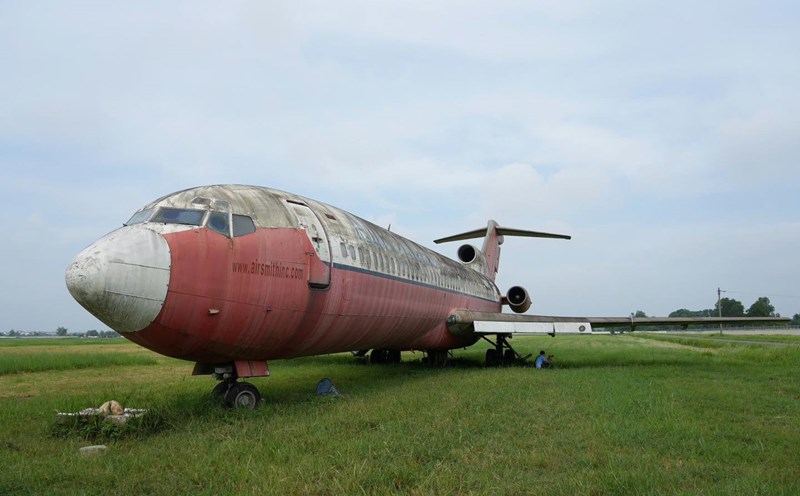This support decision was approved by the Hanoi People's Council at the 25th session, which took place on the afternoon of July 9.
According to the submission of the Hanoi People's Committee, students studying at educational institutions in mountainous areas and communes in the middle of the Red River are supported with 30,000 VND/student/day. Primary school students studying at educational institutions in the remaining area are supported with 20,000 VND/student/day.
The number of Hanoi primary school students supported is about 768,000 students, of which 707,720 are public students; 60,270 are private students.
Thus, from the 2025-2026 school year, in addition to being exempted and supported with tuition fees, primary school students in Hanoi will also be supported with boarding meals.
The Hanoi People's Committee explained that primary school students are at the age of strong physical and intellectual development, requiring adequate energy and nutrition, so organizing meals for 100% of students at school is necessary.
Children being able to study and eat nutritiously is something that the people expect and the government is determined to do. Any qualified locality should implement a program to support boarding meals for primary school students, if not 20,000 - 30,000 VND like Hanoi, it can be lower.
According to the analysis of the Hanoi People's Committee, students can have lunch at school, parents will not have to take their children in the middle of the class, saving time and effort, thereby focusing on work.
This is very true, especially after the merger, many cadres and civil servants need to send their children to boarding school to proactively spend time for work.
However, nationwide, there are many other localities that are poor provinces, remote areas, and do not meet the conditions such as Hanoi or economically developed provinces and cities, so children have to suffer.
Many schools in mountainous provinces are still deserted, students go to school far away, and even climb mountain passes across streams. In these areas, the boarding meals for children are still lacking and not nutritious enough.
In recent years, there have been many "flesh Meal" programs to provide additional nutrition for children in disadvantaged areas. These programs partly support meals for poor students but are not stable and are widely covered.
For these localities, it is necessary to have support policies from the Central Government to increase nutrition for boarding meals. Adding less money for a meal is not only to "let the rice have meat", but also to reduce the disadvantages for children in poor provinces.











